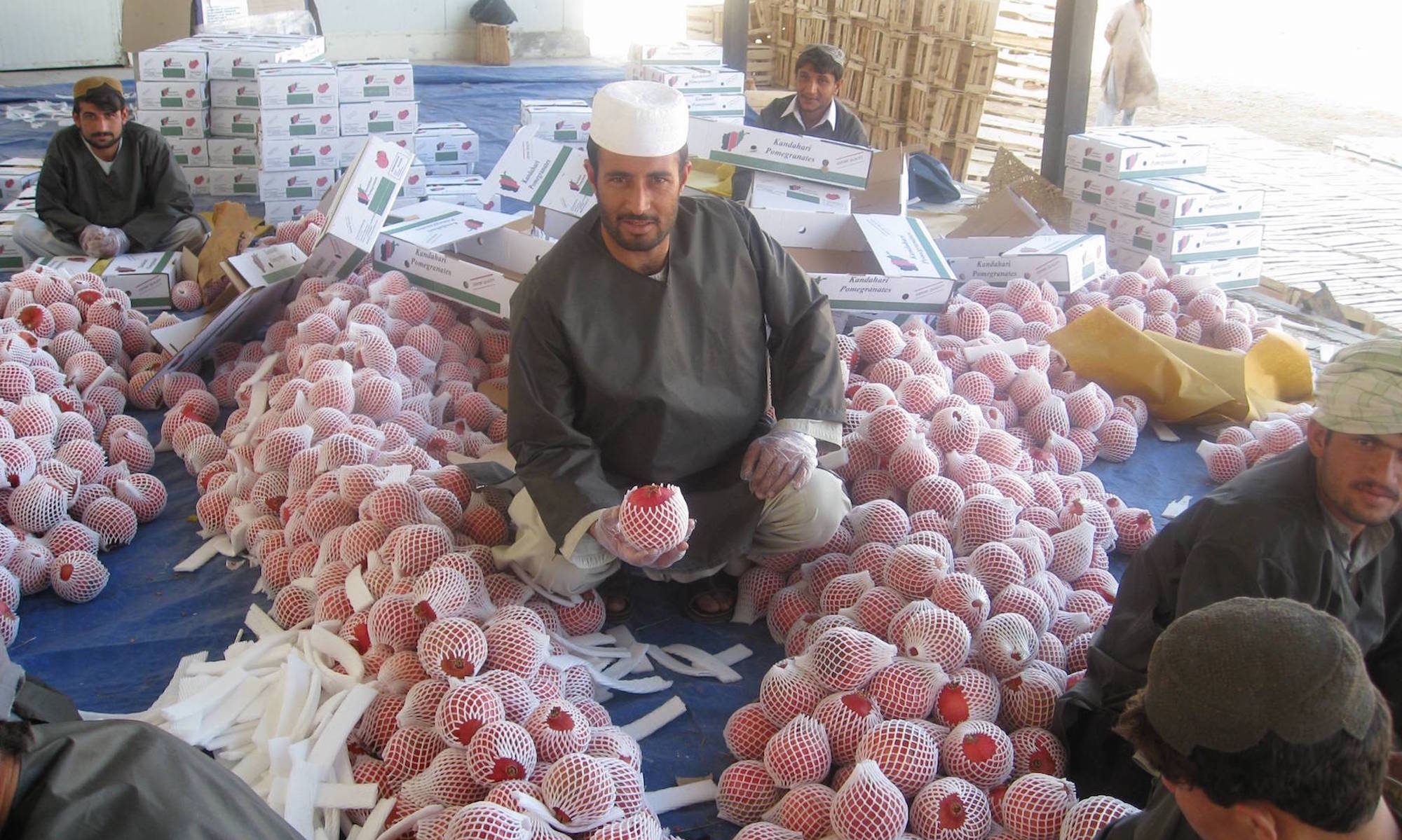Following the four-year Bonn Agreement implementation period, from December 2001 to December 2005, the London Conference on Afghanistan was convened, 31 January – 1 February, to reaffirm the commitment of world leaders to the next phase of statebuilding and reform in Afghanistan. The central document of this gathering, the Afghanistan Compact, sets forth a number of time-bound benchmarks for the next five years in the areas of security, governance and development. This article examines key aspects of the compact and what will be required for the government of Afghanistan to meet the various targets, along with the support of the international community. Policy recommendations are further advanced to facilitate reconstruction efforts and to sustain a sufficient level of international engagement to avert failure in Afghanistan.
Peace building and State-building in Afghanistan: Constructing Sovereignty for Whose Security?
In the aftermath of civil wars, international actors often worry about the incoherence, tribalism, and division of war-torn nation-states like Afghanistan. However, the problems encountered in the Afghanistan recovery and reconstruction effort illustrate that the divisions, rivalries and fragmentation of authority of the international community have constituted just as big an obstacle to what the UN now calls ‘peace building’. Sustainable stability and peace, to say nothing of democracy, require international actors to delegate some sovereign functions to a multilateral entity that can reinforce rather than undermine the institutions responsible for the reconstruction of the nation-state. The history and contemporary situation in Afghanistan makes clear that there is an important need for the peace-building mechanisms proposed by the UN Secretary-General’s High-level Panel. This would involve a unified international decision-making body that would act as a counterpart to the recipient national government and potentially bring order to the anarchy that invariably flows from the multiple agendas, doctrines and aid budgets of the array of external actors involved in peace building in Afghanistan and elsewhere.
